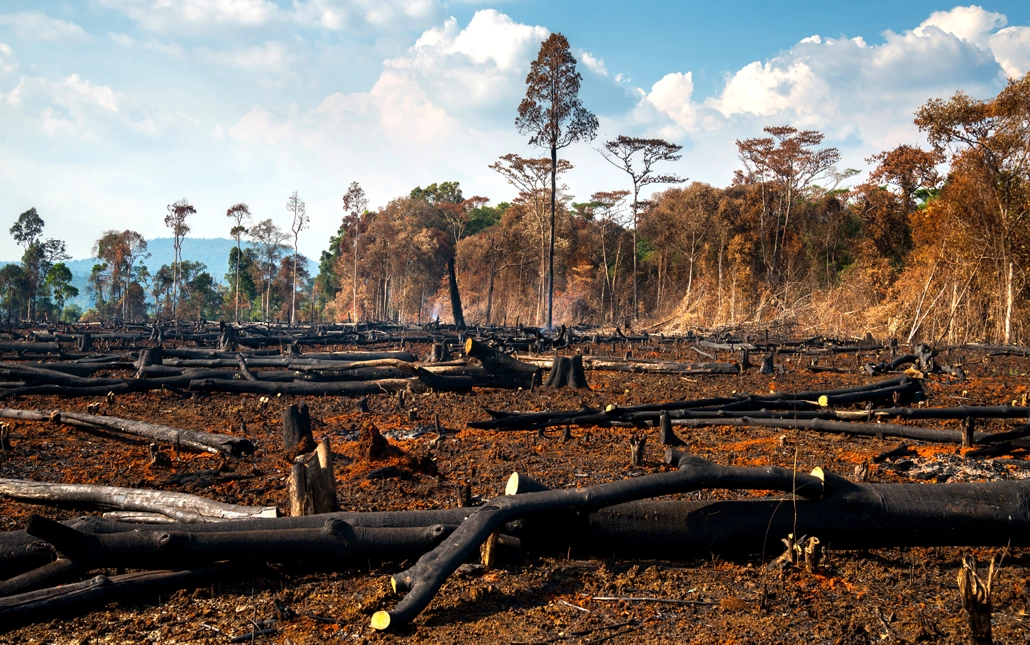EUDR update: commission proposes new timeline and simplifications
News story
23 October 2025
On 21 October, the European Commission changed its position on the EU Deforestation Regulation (EUDR). It proposed reopening the legislation, aiming to simplify compliance and address concerns about the IT system’s readiness. In this article, Will Schreiber identifies the essential information to help you navigate the latest news.
Background
The EUDR aims to prevent products sold on the EU market from contributing to global deforestation and forest degradation by ensuring that commodities like cattle, cocoa, coffee, palm oil, rubber, soy, and wood are deforestation-free. It requires companies to conduct due diligence to prove their products comply and come from land that has not been deforested or degraded since 31 December 2020. It was adopted in June 2023 and an 18-month transition period was set. This was later extended by 12 months with a planned date of 30 December 2025.
However, in September 2025, concerns about the IT platform’s ability to handle the data volume led to a proposal for another extension.
The Commission has now withdrawn that full delay. Instead, it is proposing targeted amendments. This “U-turn” follows pressure from some industry groups and NGOs who argued that a further delay would punish companies that had already invested in compliance.
Key proposed changes
The Commission’s proposal introduces significant changes:
New timeline: the 30 December 2025 date remains for large and medium companies. However, they will get a six-month grace period for checks and enforcement. Micro and small enterprises (SMEs) get a 12-month delay, moving their compliance date to 30 December 2026.
Downstream simplification: the proposal would remove the requirement for downstream operators and traders (like retailers) to issue their own Due Diligence Statements (DDS). This simplifies reporting. However, the need to exchange supply chain data remains.
SME simplification: small EU operators may only need to submit a simplified, one-time declaration.
Reopening the legislation allows other amendments to be proposed. We expect discussions on a “no risk” or “negligible risk” country classification to resurface. This is a controversial topic, as it could create blind spots for monitoring risk.
What happens next?
This proposal is not final. It must now be considered by the European Council and Parliament and all three parties must agree on the revisions. If no agreement is reached, the existing legislation stands. This means the 30 December 2025 enforcement date would apply to all, without a grace period.
Our key takeaways
Uncertainty remains. The proposal creates new questions for downstream businesses.
Core obligations are unchanged. Traceability and risk management requirements will remain, even if enforcement changes.
The 2025 deadline is likely. It is now very likely that large companies must be compliant by 30 December 2025, with enforcement starting six months later.
More changes are possible. The door is now open for further amendments, including the “no risk” country debate.
This proposal has drawn mixed reactions. Some environmental groups, like WWF, have called the changes a “shameful surrender to political pressure”. They argue it weakens the law. Businesses that have prepared for the December deadline are relieved there is no full delay but face yet another shift in requirements.
How 3Keel can help
Navigating these constant changes is a major challenge. The core requirement for traceability and risk assessment is not going away. Our team at 3Keel helps consumer goods and retail businesses build practical, robust due diligence systems. We specialise in managing deforestation risks and understanding complex regulations like the EUDR. We can help you:
Assess your readiness for the 30 December 2025 deadline.
Implement traceability systems that meet the EUDR’s core data requirements.
Develop your risk management framework to prepare for compliance, regardless of last-minute legislative changes.
Contact us to ensure your supply chains are compliant and resilient. Or call +44 1865 236500



